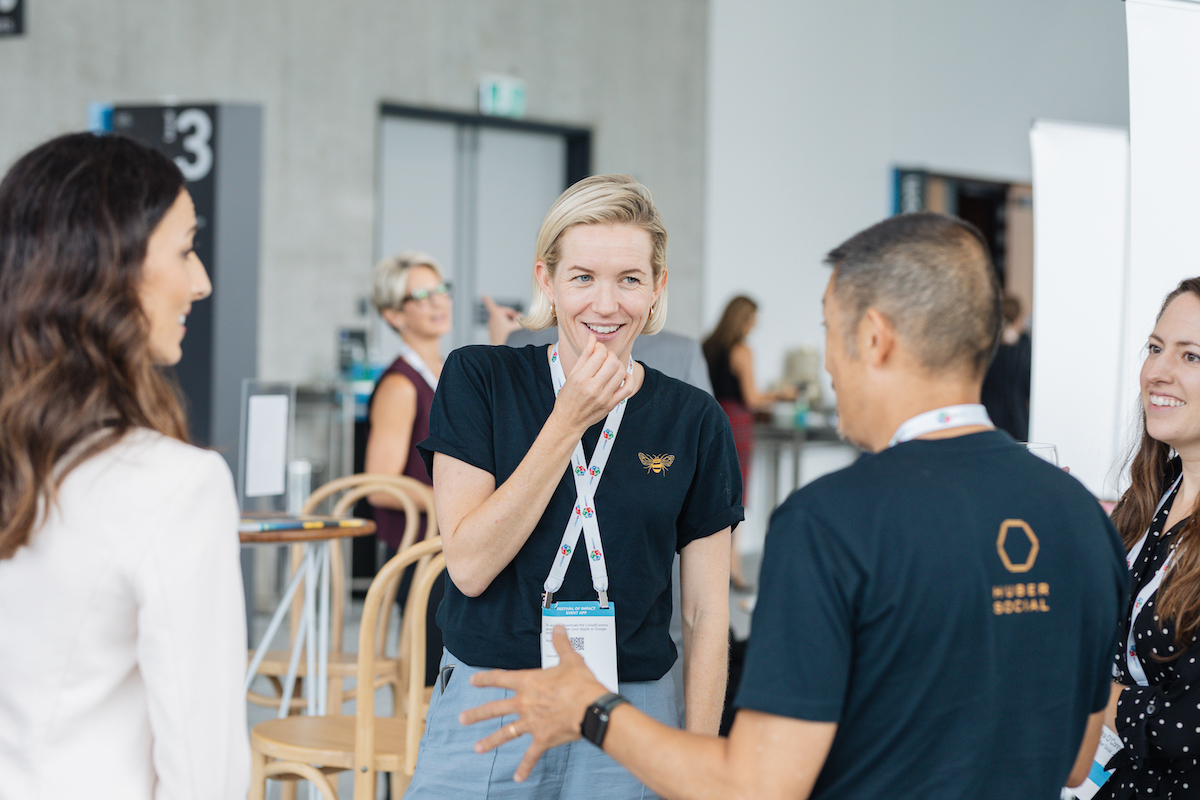“A key theme of the summit is how can we create systemic change and break the cycle of inequality. Yet, in practice, we appear to be going in the other direction. For example, we allow investors to determine success and set the impact mandates, the people with money, the people with power. Instead, what is it going to take to start with the people impacted and what matters to them?”
Inequality is not inevitable, it is a choice
Income and wealth inequalities have been on the rise nearly everywhere since the 1980s, but the rise has not been uniform: certain countries have experienced spectacular increases in inequality (including the US, Russia and India) while others (European countries and China) have experienced relatively smaller rises[1].
These differences confirm that inequality is not inevitable, but is a result of policies, institutions, and political context. Countries that set policies that are more favourable to low- and middle-income groups (such as educational and wage setting policies) experience less inequality[2].
For impact investing to therefore address inequality, we need to start with the needs of disadvantaged groups instead of being led by the wants of those in power.
To effectively give impacted groups a voice, we need to practice cultural safety and measure lived experience.
Often ‘impact’ adopts a normative approach, assuming, reflecting or imposing the values of those in power. Without practicing cultural safety, where those in power recognise their own biases and are willing to suspend their own points of view to make space for other perspectives, the metrics used to determine success may not accurately reflect the values of those impacted.
In the same way that attempts to infer overall social impact from proxies (e.g. income, education etc.) are fraught with biases and implicit assumptions, so it is with lived experience. Different people subject to the same initiative can have very different experiences, which means that the lived experience cannot be inferred from activities or events but must be measured directly with those impacted.
This is not just about integrity of impact, but it also makes good investment sense. Accurately understanding the values and needs of specific groups and communities, helps ensure investment solutions are adopted and recognised by the community, thereby supporting sustainable returns, and understanding changing needs, helps to inform risk management also.
We need to stop underestimating investors
As measurement practitioners, we are often told by investment managers that their investors are not interested in measurement as ‘sophisticated’ as directly measuring the lived experience of people. As long as reporting demonstrates investments are achieving ‘some good’, map to the SDGs and deliver a return, investors will be satisfied.
However, where we have had the privilege of measuring the lived experience of impacted groups and provided not only measured impact and outcomes, but also identified opportunities to maximise impact, the integrity and authenticity of the measurement has worked to sustain and attract further investment. There is greater opportunity to drive change if we stop underestimating the sophistication of investors towards impact measurement.
Not just the responsibility of Investment Managers, how we can achieve this in practice
We cannot expect investment managers, that are often overseeing portfolios with global reach and involving multi fund investments, to know the needs of the impacted groups for each of their investments. Instead, responsibility lies across the different parts of the sector, with each of us pulling the levers available.
Intermediaries – measurement needs to adopt a scientific methodology that not only practices cultural safety, but is also clear on contribution and transparent about the limitations of findings. Measurement services should also strive to be accessible to all, cost effective so as not to detract from the impact being achieved.
Investees – as the providers, investees are ultimately responsible to ensure they understand the impact of their goods and services from the point of view of the impacted people. However, their committed to achieving this, will of course be led by requirements of Investors and Investment Managers.
Investors – A simple way to apply a test of integrity to the impact achieved, is to always ask ‘so what?’. Especially reporting that is heavy on ‘outputs’, asking ‘so what’ will force an investigation into whether the output supported sustainable outcomes and overall positive impact. Ultimately, this question can only be answered by the people experiencing it.
Investment managers – request and investigate the integrity of the measurement to reflect the values of those impacted. Stop underestimating the ‘impact’ sophistication of investors and seek opportunities to collaborate with government, philanthropists and the broader social sector to provide parts of the solution that may not necessarily provide a financial return, thereby together working to systematically address social issues once and for all.
Georgina Camp, is Founder and Managing Director of Huber Social, independent impact measurement experts.
[1] World Inequality Report 2022, Harvard University Press, and online at wir2022.wid.world
[2] World Inequality Report 2018, Harvard University Press, and online at wir2018.wid.world

